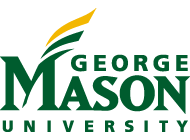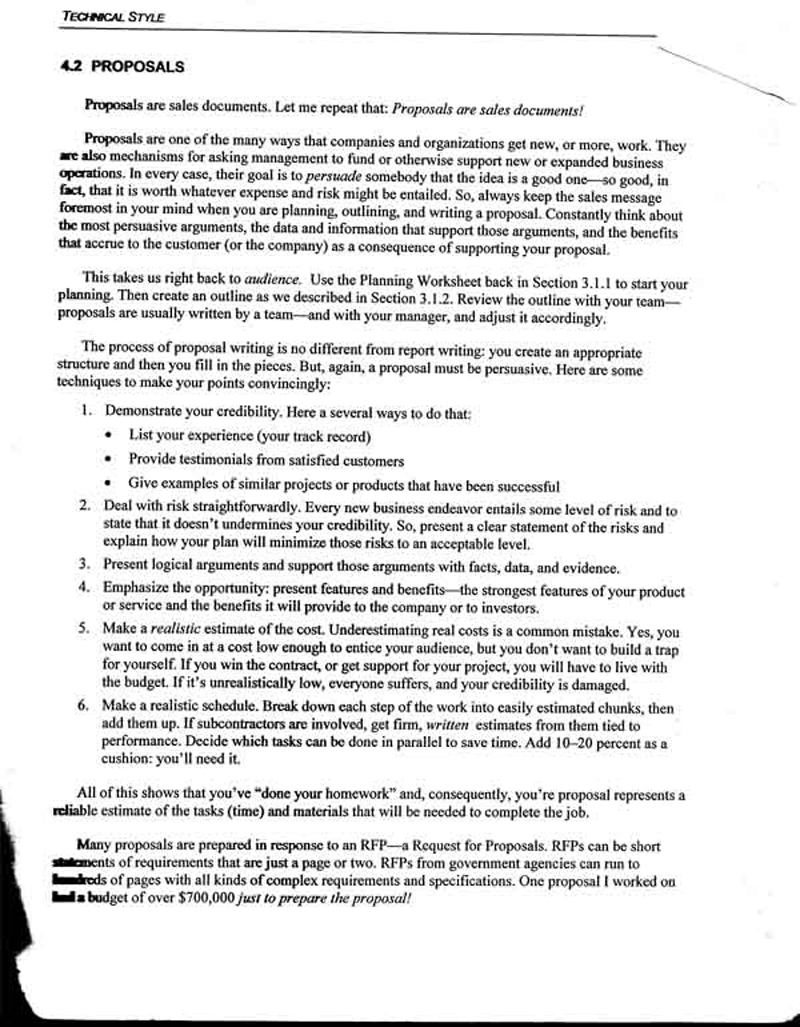
English 101
Research Proposal
Good research answers questions and solves problems in ways that help people make better decisions. Develping research questions that are valuable to you, important to others, and potentially answerable is one of the most challenging parts of the research process. In explaining why your question is important, you should assess its relevance to understanding people who innovate social changes at a systems level. At this stage, do not worry about data availability—simply state which data (if available) would be useful in addressing your question and how.
Why are we writing a proposal?
The proposal is designed to encourage you to commit to and articulate a clear, manageable topic for your research project and to give you experience with the genre of proposal writing.
- What should my proposal contain?
- The proposal should be 1-2 pages (double spaced) in length and should have a well thought-out title and contain effective visual rhetoric if appropriate. It should be a traditional, linear Word document, although it may be broken into sections, which should include
-
- an introduction, designed to interest your reader in your topic and proposal and provide some historical/cultural context for your project. At the end of your introduction, include a tentative thesis to indicate to your reader that you are entering your project looking at your topic through a critical, analytic lens.
- the research questions that seem relevant to you at this point in your work; be sure to offer a framework for the questions in your proposal (i.e. a sentence or two to introduce them and situate them in relation to your larger project).
- the methods you will use to conduct your research, including specific references to sites, databases, key texts or authors that you feel will be indispensible to your project. Include here also reference to non text-based research -- fieldwork, interviews, surveys, visits to chatrooms, gaming -- as applicable to your topic. This is also the section in which you might troubleshoot the research project, or weigh the benefits and drawbacks of certain types of sources (i.e., availability, bias, etc.).
- the timeline for your project. Look at the course schedule to keep your due dates in mind and set up certain milestones (by day or by week) that you will accomplish to keep yourself on track.
- a conclusion in which you address the "So What?" of this research. That is, why does what you are investigating matter as more than an academic exercise? Why should your audience want to read it? Why does it matter?
- If you cite any sources, you'll also need to have a works cited at the end of the proposal, with the citations in APA or MLA format. Any parenthetical citations in the text itself should also follow MLA or APA guidelines.
More on proposal writing:
